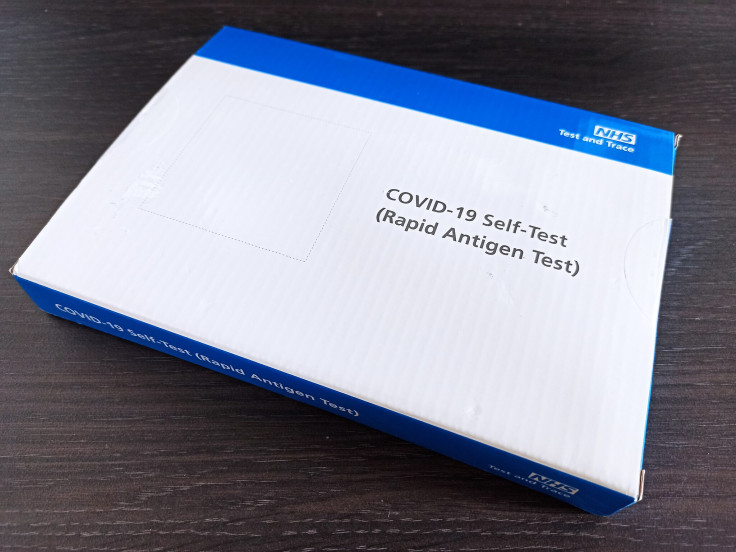New Covid Variant Symptoms Are Almost Unnoticeable As Strain Spreads Quickly
Ireland recorded over 400 new coronavirus infection cases, mostly believed to come from the new Stratus variant, in early September.

A new Covid-19 variant is quickly spreading, with people experiencing symptoms that could be easily ignored.
Health experts in Ireland have recorded 425 new Covid cases in the first week of September, which they said came from the new Stratus variant. Also known as XFG, this variant is said to be the cause of the new cases and is spreading among the public with unusual early symptoms.
The Stratus cases are rapidly surging, accounting for 76.1 per cent of the recorded infections at the moment. According to the Health Protection Surveillance Centre in Ireland, the numbers only reached 49.3 per cent six weeks ago.
What is the Stratus Variant?
According to the World Health Organization, the Stratus variant is still 'under monitoring.' However, experts believe that it may not trigger more severe illness but it may spread faster than the previous strains
Most of the symptoms that come with this variant are mild. People infected may not even notice it, and may not believe that they are sick.
One of the most common early symptoms of the new Covid-19 strain includes a hoarse or raspy voice, which eventually evolves into more severe indicators like cough or fever.
The Irish Mirror also mentioned that medical experts have also recorded a number of other symptoms, particularly nasal congestion, stomach upsets, fatigue, and fatigue.
Infectious disease specialist Dr Peter Chin-Hong from the University of California, San Francisco, warned that the virus presents a 'wider range of symptoms' than the previous variants.
'There's a little bit more sore throats with some people. Particularly in those who are older, who didn't get vaccinated last year. It's more transmissible, so we expect that a lot of people will get it. Particularly with kids going back to school, a sniffle is likely going to be Covid,' the doctor said in an interview with SFGate.
Existing Covid Protocols
Despite the rising number of patients, Ireland's official Covid protocol remains unchanged.
'If you have any symptoms of Covid and feel unwell, you should: stay at home until 48 hours after your symptoms are mostly or fully gone avoid contact with other people, especially people at higher risk from Covid. You do not need a Covid test unless a GP or health professional tells you to,' the HSE stated.
The NHS also provided a long list of traditional Covid symptoms to watch out for, including a high temperature or shiverings (chills), continuous cough, loss or change in the senses of taste or smell, shortness of breath, aching body, exhaustion or feeling tired.
Patients can also experience headache, blocked or runny nose, sore throat, diarrhoea and being or feeling sick.
Most people feel better within a few weeks of catching the virus, but some may take longer to recover. Some need urgent medical attention for more serious symptoms.
The NHS also reminded that the virus spreads through direct contact with an infected person.
'You can catch it by breathing in these droplets, or by touching surfaces covered in them and then touching your eyes, nose or mouth. You are more likely to catch it indoors and in crowded places,' the health body said.
© Copyright IBTimes 2025. All rights reserved.



















